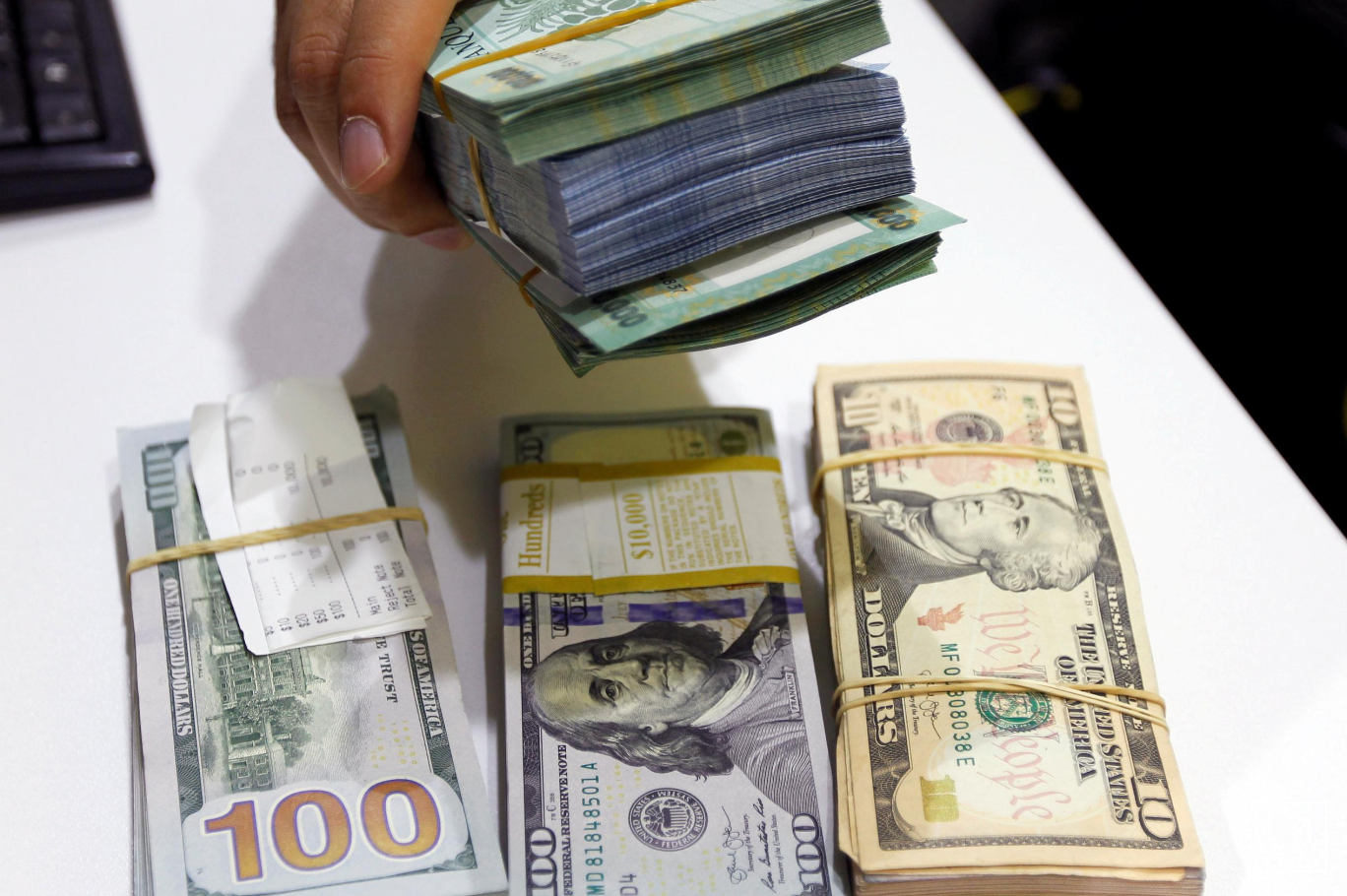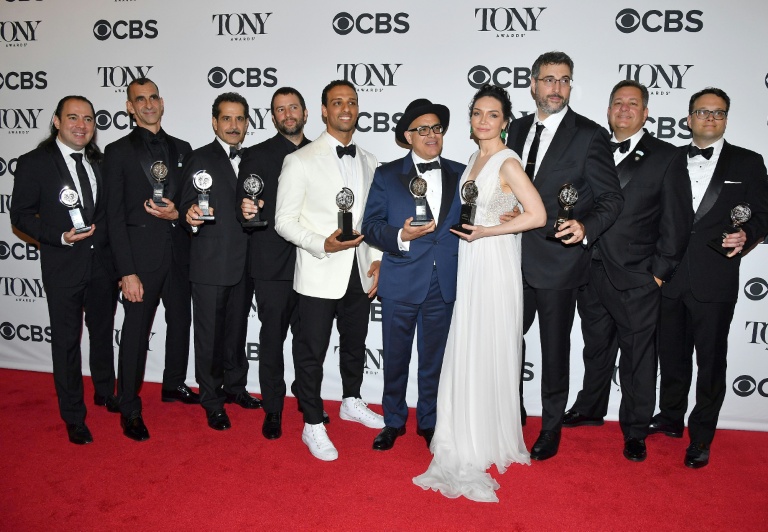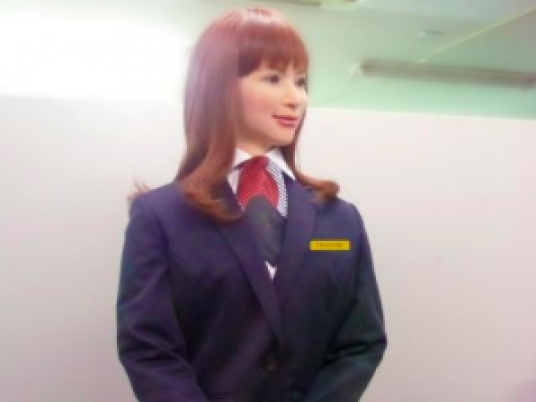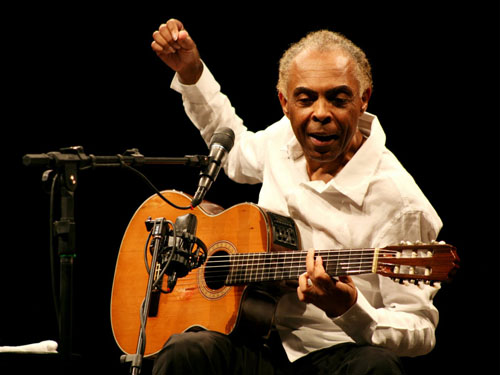
Underground musicians have established an Underground Music Federation, seeking to nurture the local underground music scene by providing a sympathetic platform through which musicians can interact and evolve.
Since its inception last spring, the federation has hosted live music events, launched an interactive website for artists and sought to create ties between disconnected platforms, both new and old, that are passionate about underground music.
“We knew that we couldn’t rely on existing musical platforms to provide the right services and exposure for artists,” says Mohamed Ayatt, the federation’s founder and manager. “There are no open platforms that facilitate the business side for underground artists, so right after the 18 days, we decided to do it ourselves.”
In October, a large music festival at the Cairo Youth Center saw the launch of the website, which allows artists to create online portfolios — similar to MySpace, only local — so that fans can easily browse and discover new music, discuss it in a forum and create charts based on online ratings. The portfolios could then be used to get gigs and potentially shop for a record deal.
To join the federation’s initiative, artists need to submit an online application on the website. The only conditions are that the provided information is verifiable and that the artist produces original music.
The Underground Music Federation also provides artists with the opportunity to professionally record music and videos if the demand is there but not the finances.
Another crucial goal of the initiative is to unify existing platforms that are sympathetic to the cause yet remain alienated. In this vein, the federation has created strong ties between itself, Virgin (as an advertiser and distribution outlet) and the newly established Discord Music Magazine.
Discord Music Magazine launched its first monthly issue in November, both online and in print. It provides a medium for writers to review local underground artists and introduces readers to international bands that might also be considered unknown or under the radar. A large part of Discord’s features are written in Gonzo-style, making the platform fun and engaging.
“We wanted to create a medium that could connect local artists and create an ongoing catalog of underground music that is easily accessible to musical artists and can spark new interest in local music,” says Nader Ahmed, managing partner of Discord.
Since their launch, both the Underground Music Federation and Discord have already seen a lot of interest from other platforms eager to align with the cause. However, they explain that it is necessary to remain selective to avoid becoming associated with platforms that have hindered underground music in the past.
“The goal is to bring the underground over-ground, not to make it a marketing tool for an established platform,” says Ahmed.
The project faces numerous challenges. One includes finding a suitable primary venue that is sympathetic to underground music — not money-oriented — and can be used as a home base. Another challenge is the website, whose launch event last October was far from trouble-free, according to Ayatt.
Another issue includes providing legal licenses for musicians to perform, the fact that many fans are underage, poor sound equipment, promoters only looking to return a large profit (which underground music doesn’t necessarily provide) or even being shut down by police. There is hope, though, that a new, suitable venue may come to light in the near future.
Still, the platforms certainly have a long way to go until they have influence on the cultural scene. Some artists, believing that previous gigs were less than impressive, have complained that the federation, while having a great cause, has yet to really demonstrate the service it seeks to provide.
Others, of course, believe that the initiatives are simply the seeds for developing a future music culture.




